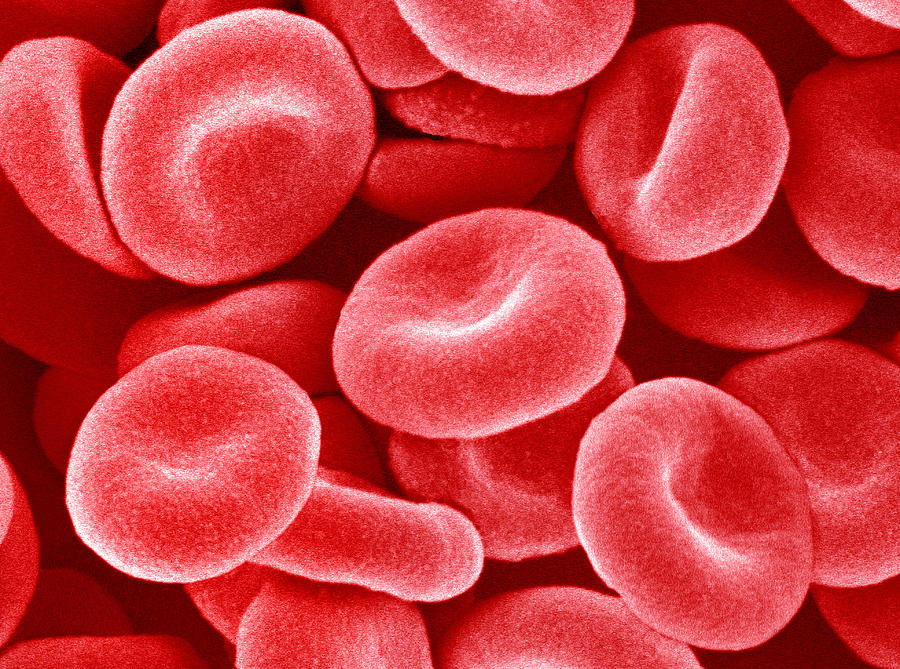Anemia en el embarazo

Anemia During Pregnancy
Hemoglobin is the protein in your blood that carries oxygen. If this protein becomes too low, you are anemic. The most common cause of anemia is iron deficiency. Anemia (low red blood cells) during pregnancy is common because the fetus uses more iron and folic acid as it is developing. Also, during pregnancy the plasma (liquid part of the blood) increases by about 50% and the red blood cells increase only 25%. This lowers the concentration of the red blood cells and creates a natural anemia-like situation during pregnancy. Mild anemia may not be noticeable. If it becomes severe, you will feel more tired and short of breath. It is harder to exercise, you could faint or you could feel your heart beat ( have palpitations).
CAUSES
There are different causes of anemia that can happen during pregnancy.
- Not having enough iron in the body to make red blood cells ( iron deficiency anemia). This is the most common cause.
- Folic acid deficiency.
- Vitamin B 12 deficiency.
- Thalassemia. This is a hereditary condition found in Mediterranean, Oriental and African American families.
- Sickle cell, SS and SC anemia. This is a hereditary condition found in African American families.
- Immune Thrombocytopenia Purpura is anemia usually seen in women up to age 30 but can also be caused by over-the-counter or prescription medications at any age. It is caused by a low platelet count that produces bruising all over the body.
- Neonatal Alloimmune Thrombocytopenia is a very rare anemia that causes a low platelet count and bleeding ( hemorrhage) in the fetus from antibodies that go through the placenta to the baby from the mother’s blood.
- Hemolytic anemia is caused by destroying the red blood cells from an infection in the blood, medical illness or certain medications.
SYMPTOMS
|
|
DIAGNOSIS
The type of anemia is usually diagnosed from blood studies, hemoglobin electrophoresis and by taking a family and medical history.
TREATMENT
Before giving any treatment, your caregiver needs to find the cause of the anemia. Different treatments include:
|
|
HOME CARE INSTRUCTIONS
- Your dietitian or caregiver can help you with your dietary questions.
- Take iron and vitamins as told by your caregiver.
- Eat a diet rich in iron such as liver, beef, whole grain bread, eggs and dried fruit.
- Increase your vitamin C intake. This will help the stomach absorb more iron.
- Eat green leafy vegetables. These are a good source of folic acid.
- Inform your caregiver if anyone in your family has or had anemia problems.
SEEK MEDICAL CARE IF:
- You feel very tired, weak or faint.
- You have frequent or lasting headaches.
- You are looking pale.
- You are bruising easily.
Document Released: 12/15/2001 Document Re-Released: 09/26/2009
ExitCare® Patient Information ©2011 ExitCare, LLC.
Copyright © MD Consult 2011